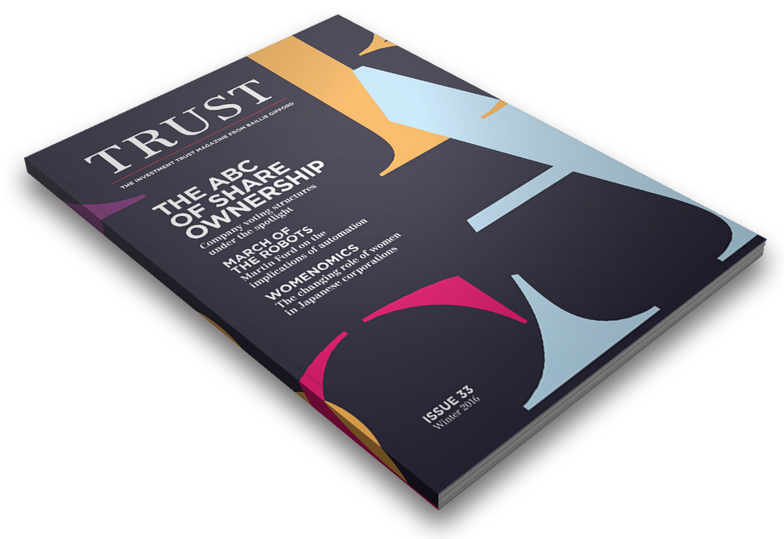 Media companies, increasingly losing control of their content distribution, site traffic and digital ad revenue, are scared. And as Charis Palmer points out in Editor and Publisher, they have good reason for their fear.
Media companies, increasingly losing control of their content distribution, site traffic and digital ad revenue, are scared. And as Charis Palmer points out in Editor and Publisher, they have good reason for their fear.
“But there’s one thing some media companies have that the social media platforms do not: trust,” Palmer writes.
“It’s easy for journalists to criticize social media platforms for everything from driving group think to misguided censorship,” Palmer continues. “But this approach overlooks the colossal shift in the media landscape that they, however unwittingly, are part of.”
This shift was accurately predicted in 2008, in Kevin Kelly’s post “Better Than Free.”
His insightful and prescient post rightly predicted the current climate of worthless (or close to it) digital copies of the content we publish. And he suggested back then that the only way to survive economically in a copy-everything economy was to cultivate those rare qualities that cannot be copied.
First among those qualities, he believes, is trust.
“Consider ‘trust.’ Trust cannot be copied. You can’t purchase it. Trust must be earned, over time. It cannot be downloaded. Or faked. Or counterfeited (at least for long),” Kelly wrote. “If everything else is equal, you’ll always prefer to deal with someone you can trust. So trust is an intangible that has increasing value in a copy saturated world.”
Never have those words been truer than they are today, as consumers continue to glean a majority of their “news” from platforms that are notoriously rife with untrusted content. Mistrust of the media and other key institutions is rampant, yet we somehow believe that our judgment for discerning is keen.
It’s not; we are as a whole really bad at sorting fake news from real.
Where does this leave publishers? For many, it’s a crisis. For others, it’s a rare opportunity to excel by refocusing their business mission not on accommodating advertisers and sponsors, but by rebuilding trust with their audience.
“Attracting and ‘accommodating’ advertisers is key to the publishing business, a panel of magazine media executives agreed at the 2017 American Magazine Media Conference (AMMC), held Wednesday in New York City,” writes Sara Guaglione in Publisher’s Daily.
“However, ensuring readers’ trust in a brand is even more vital to the success of a publisher, and therefore it is essential that publishing companies do not get too cozy with advertisers and compromise the quality of editorial content, the panelists concurred.”
The panel discussion included refreshing references to publishers “pushing back” when advertisers objected to editorial content. Marvin Shanken of M. Shanken Communications went so far as to say advertisers should “call their winemaker to complain, and not call me.” He added: “There is a lot of cooperation between advertisers and publishers…too much, in my opinion.”
The industry is finally waking up to the fake that there’s precious little difference between fake news and native ads. Regardless of the challenges of distribution and revenue, without a solid and unshakeable basis in reader trust, media brands are nowhere.
